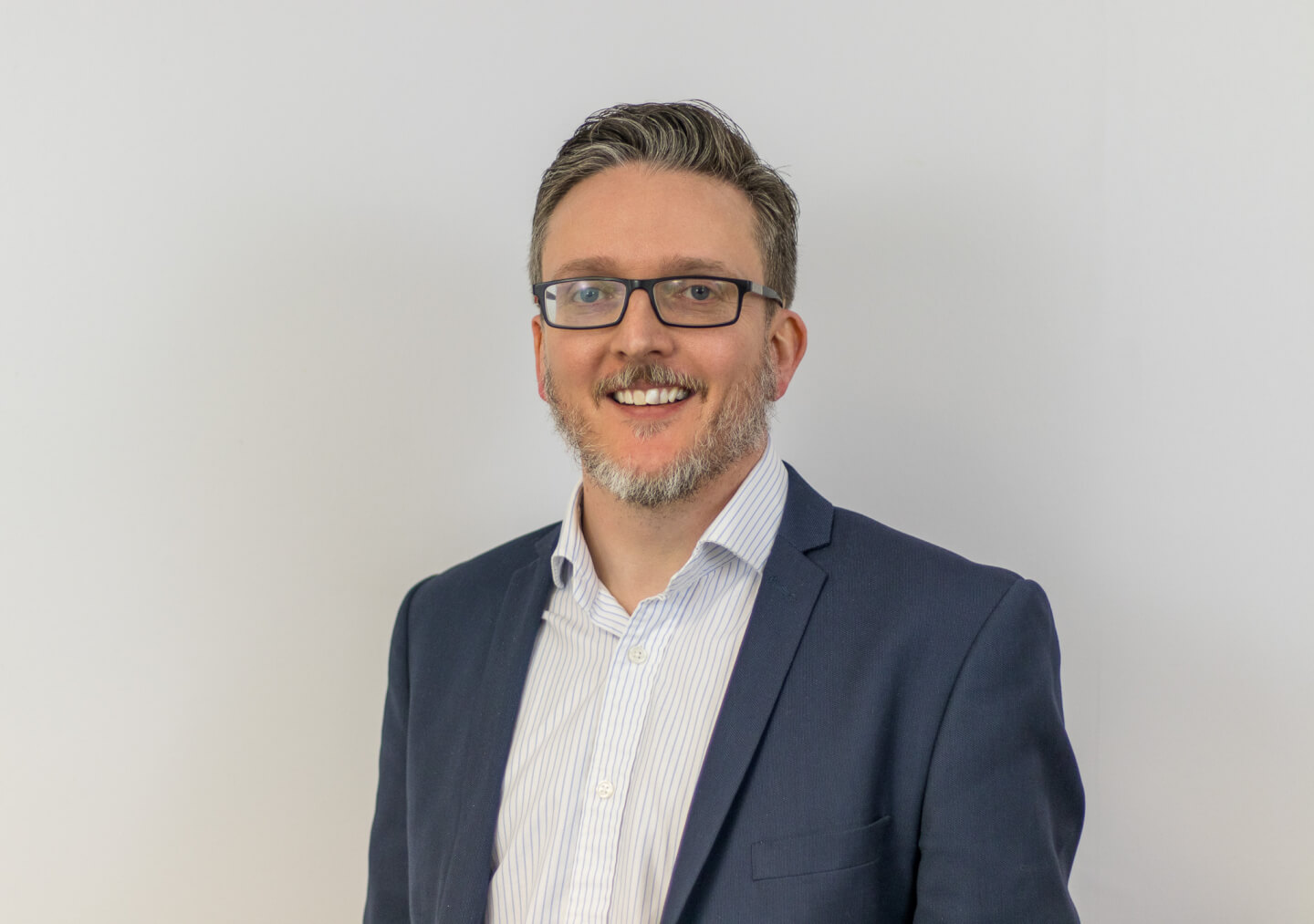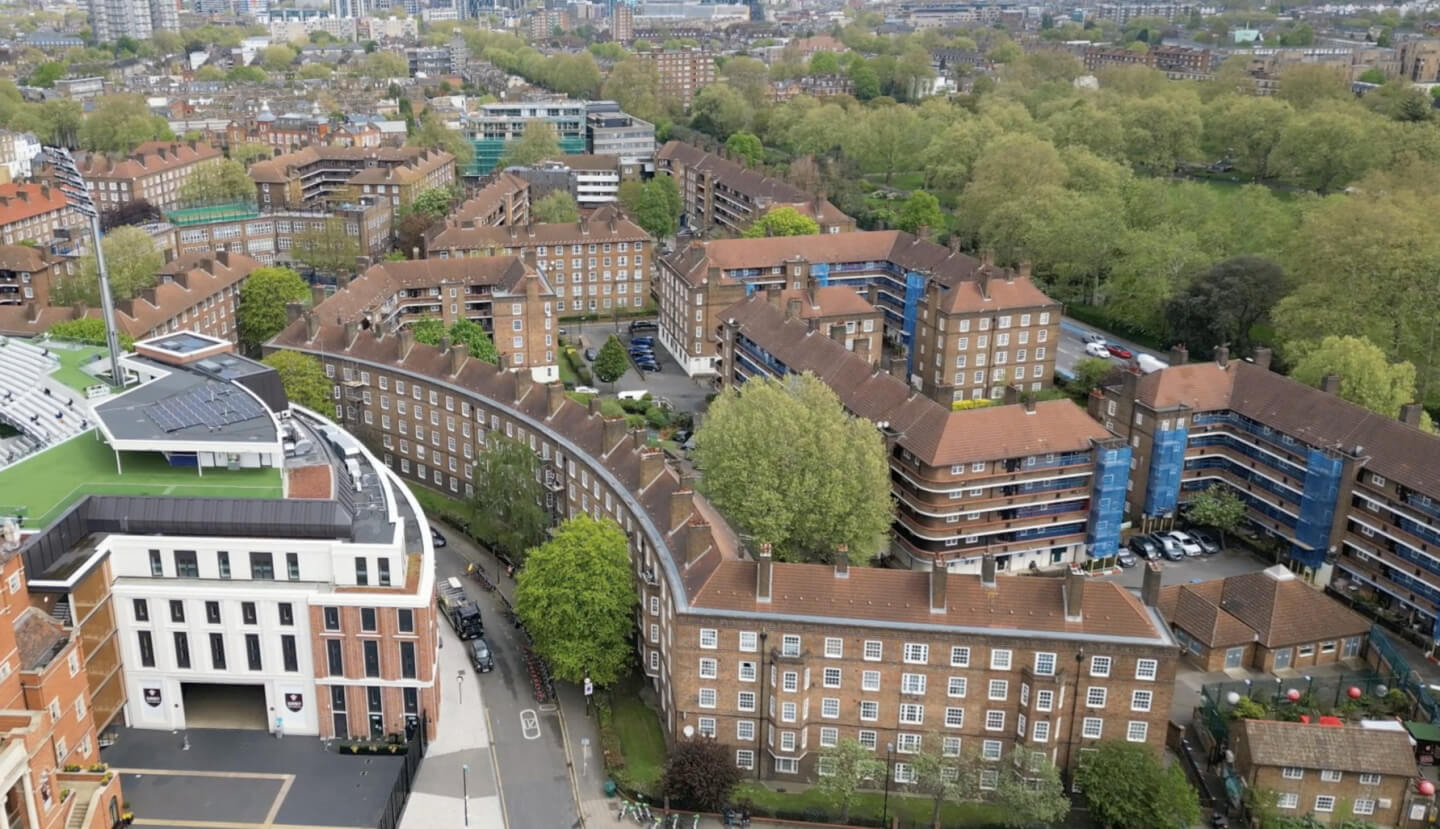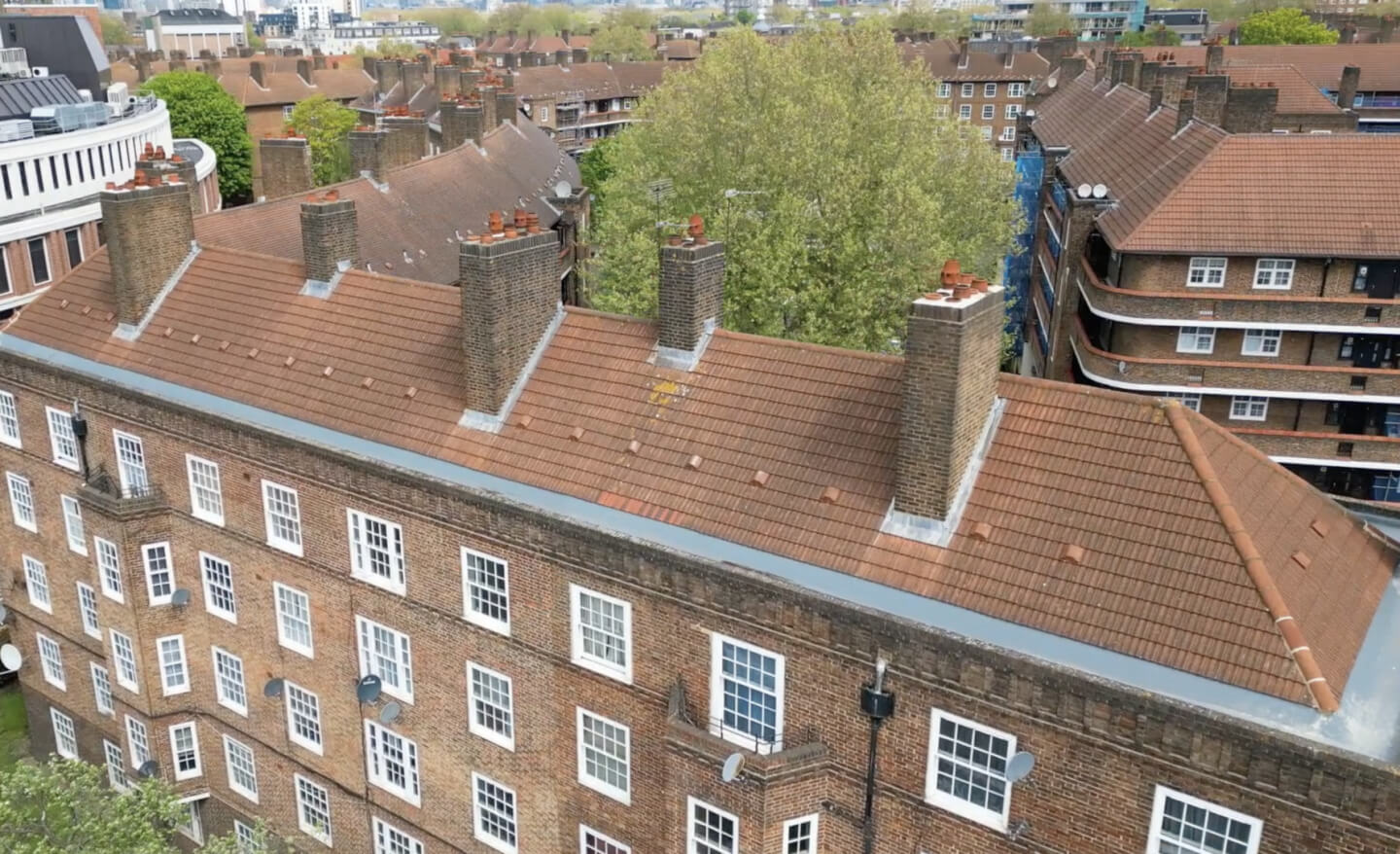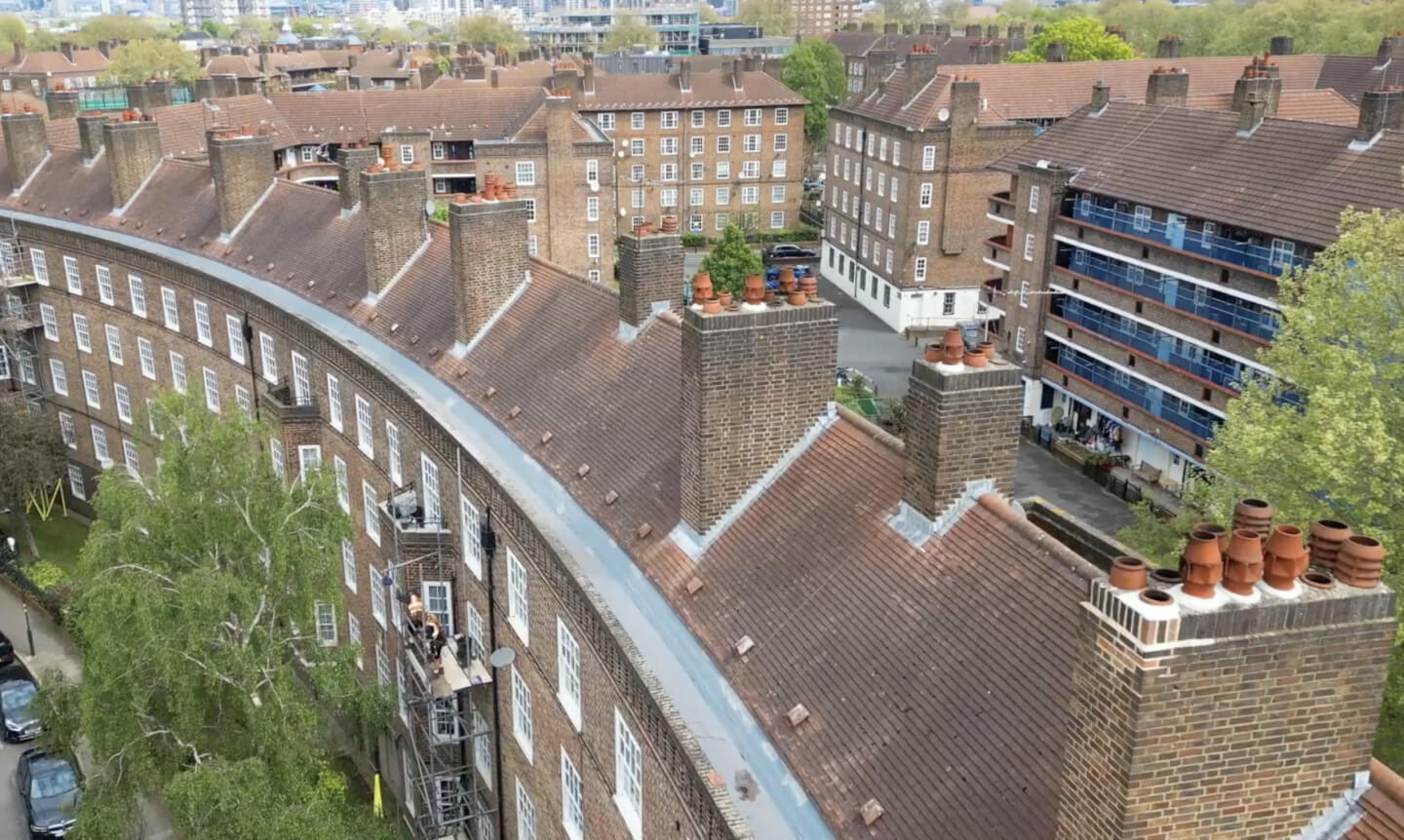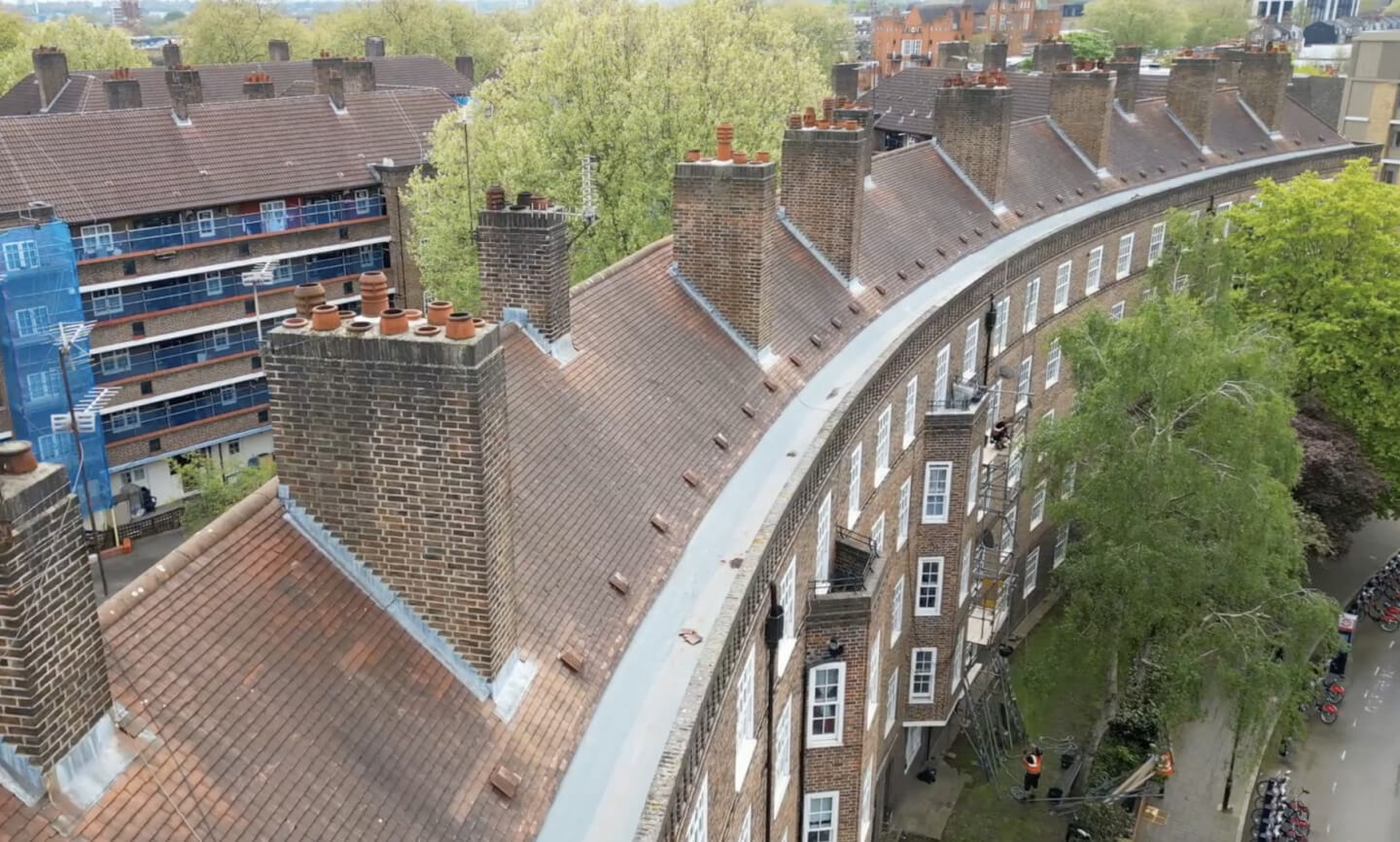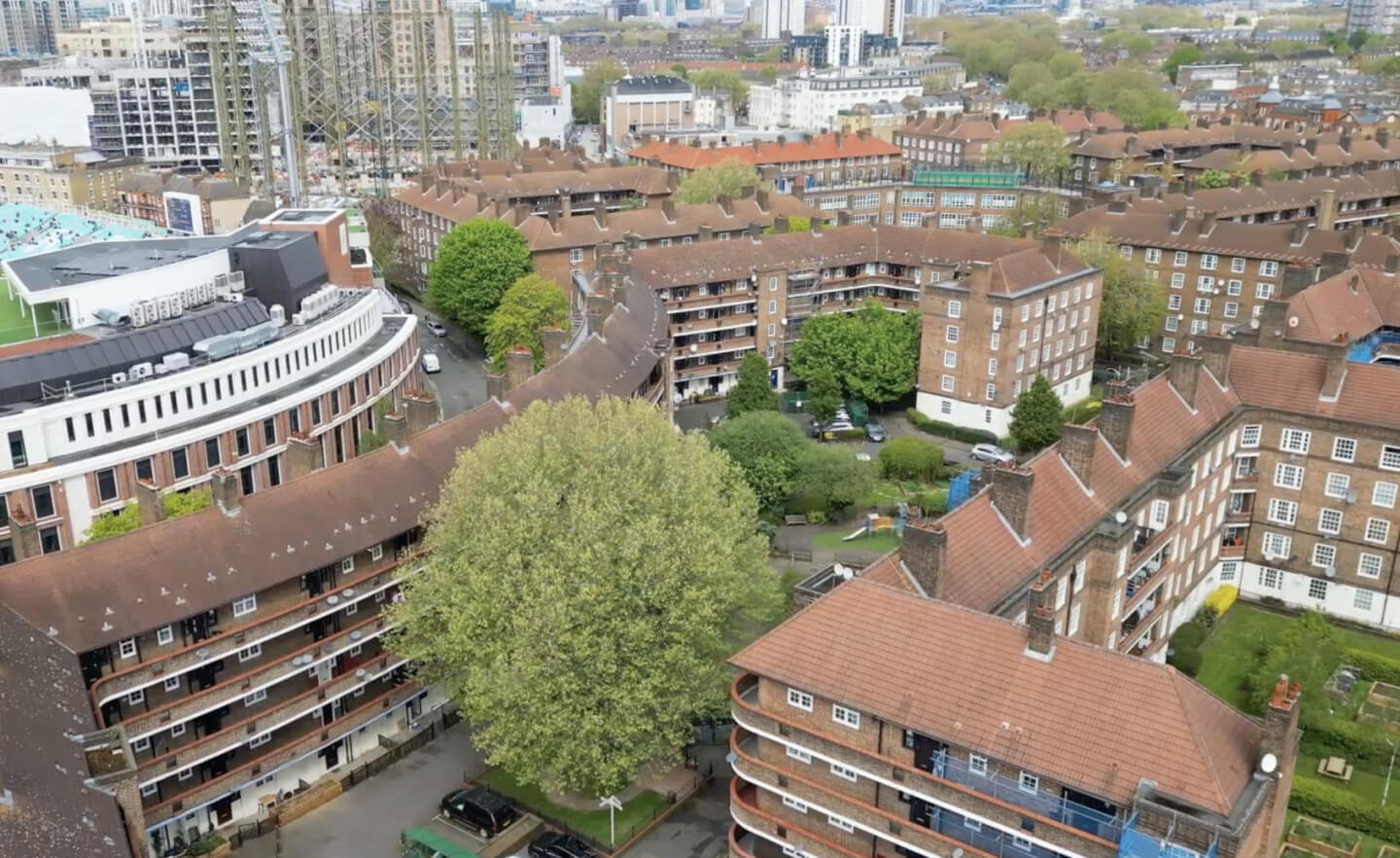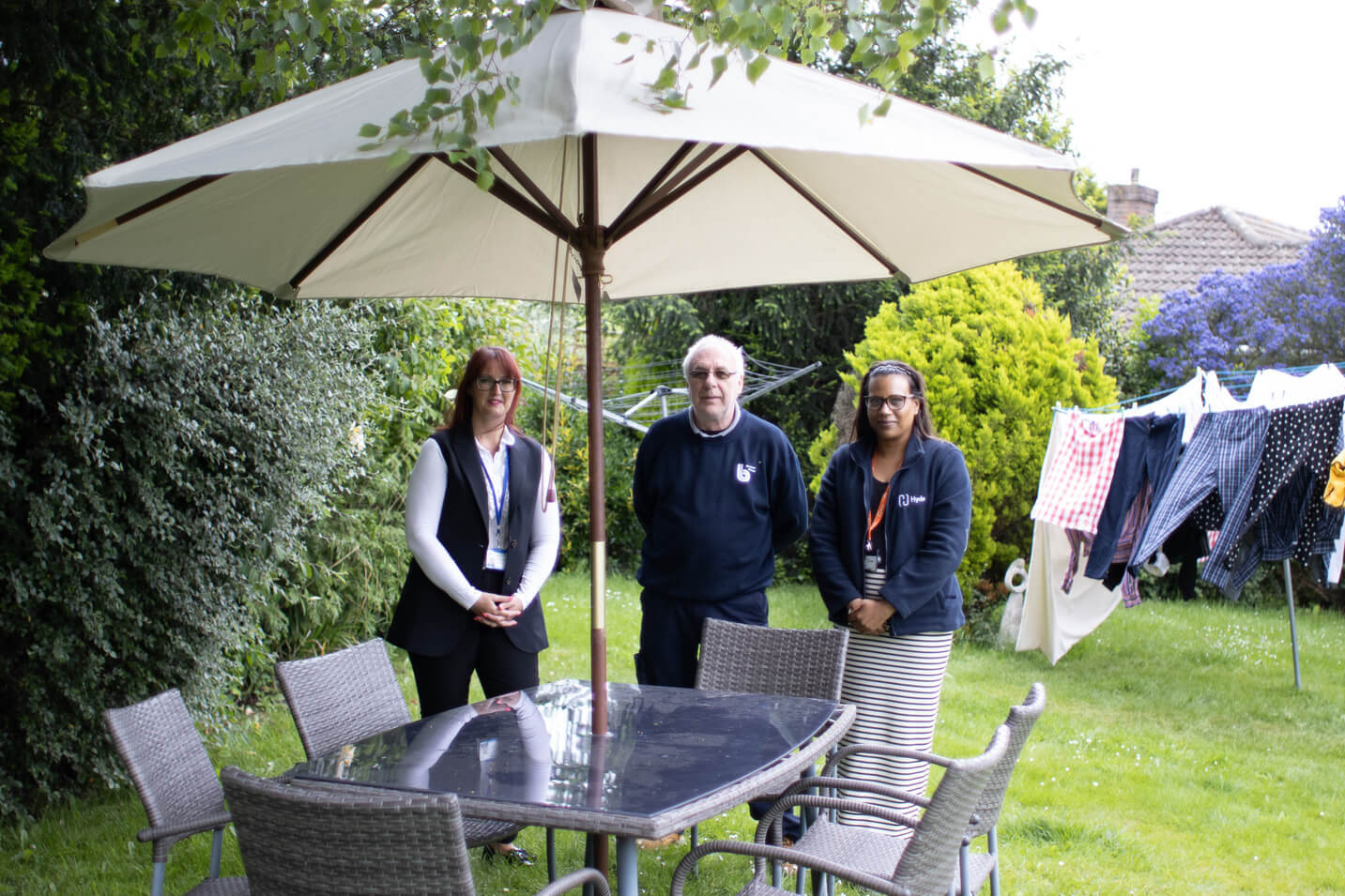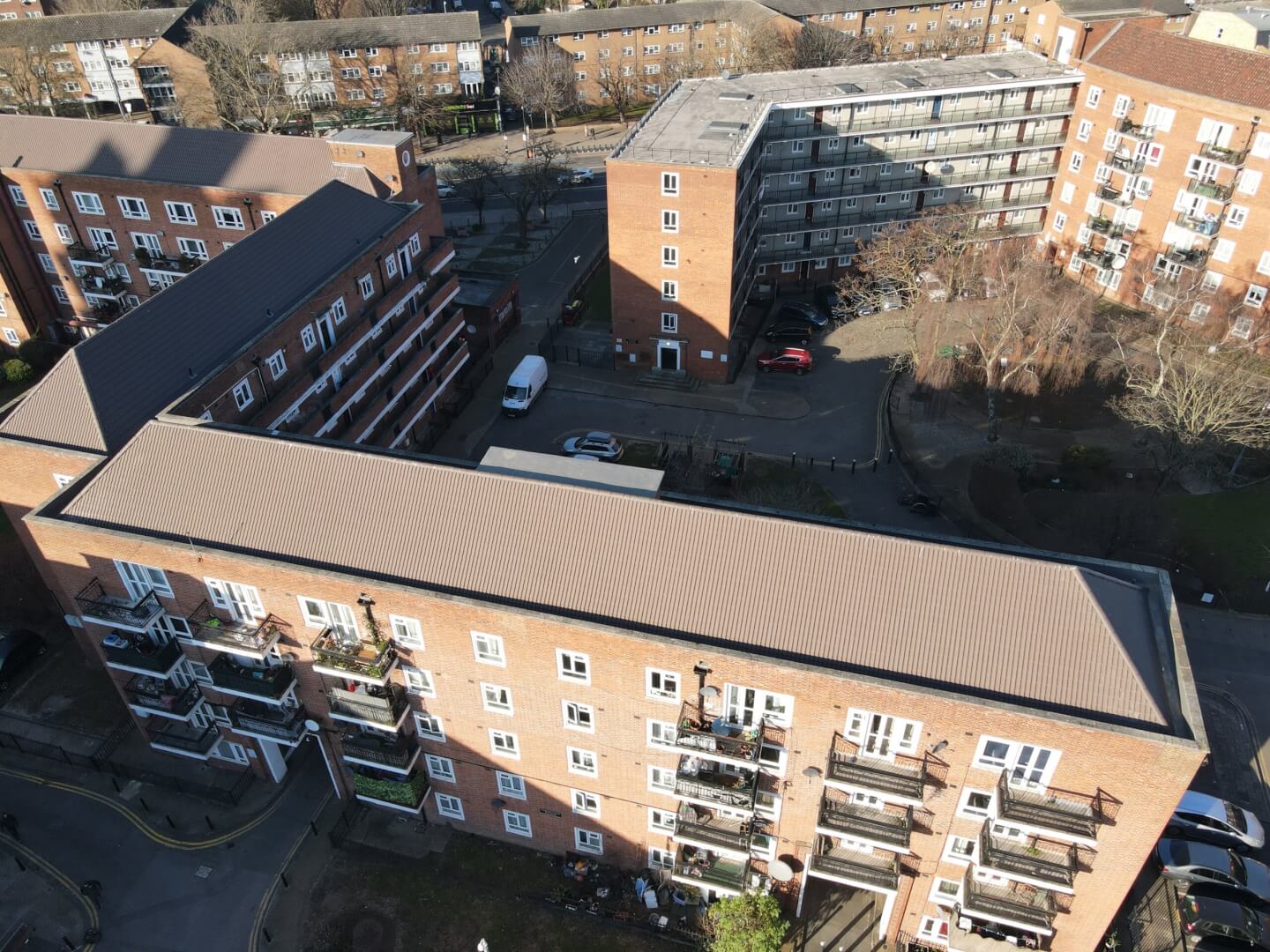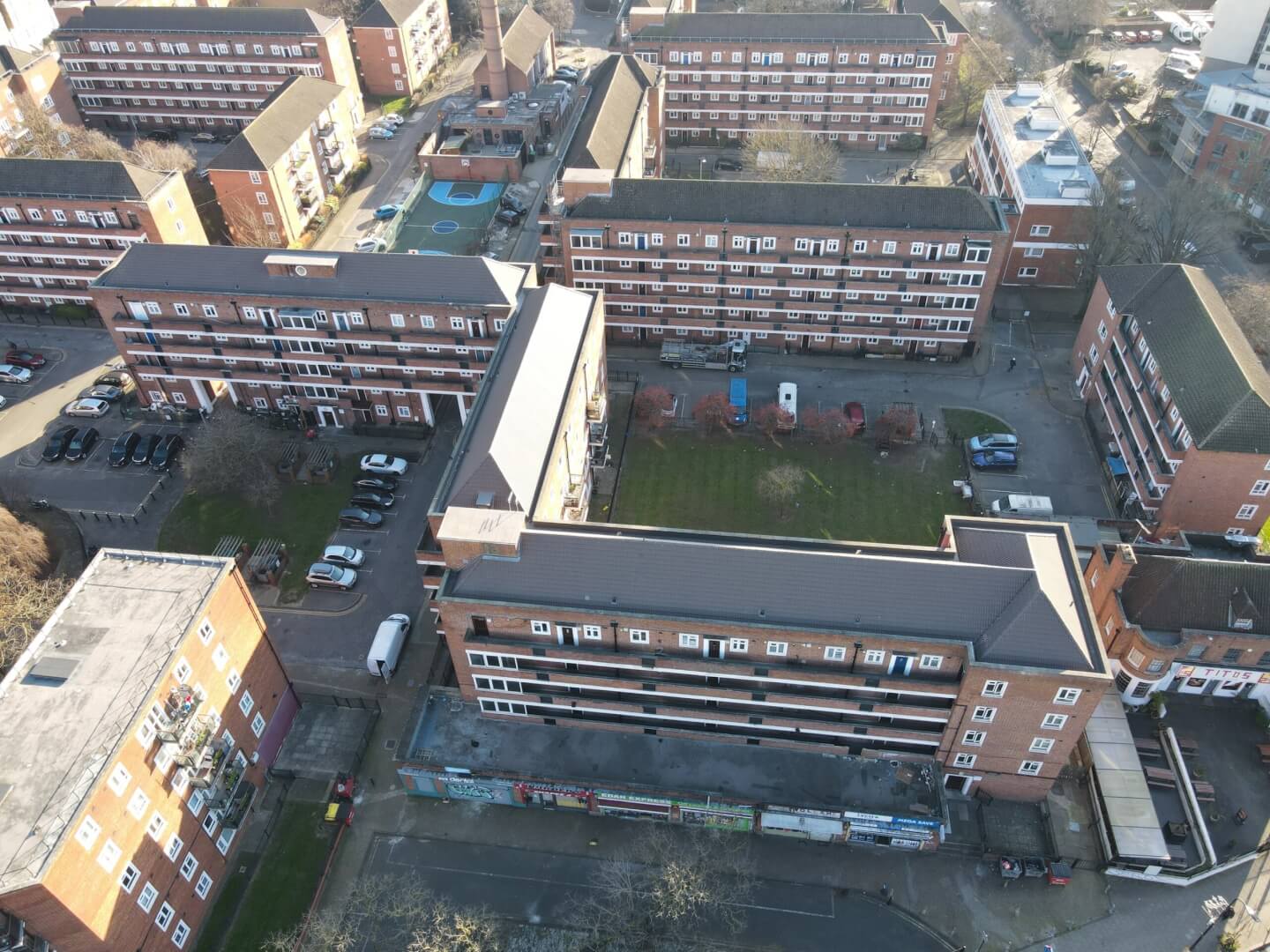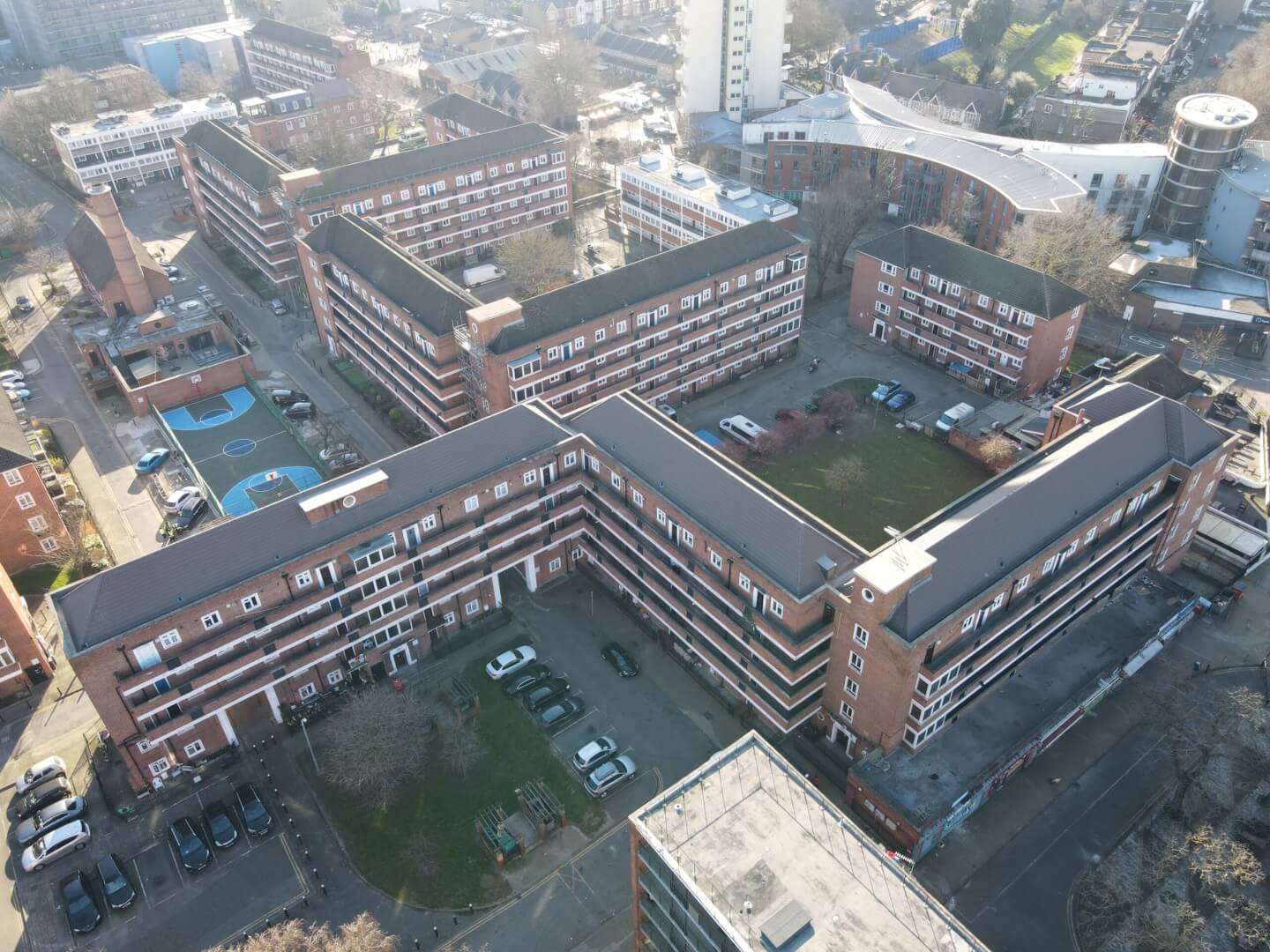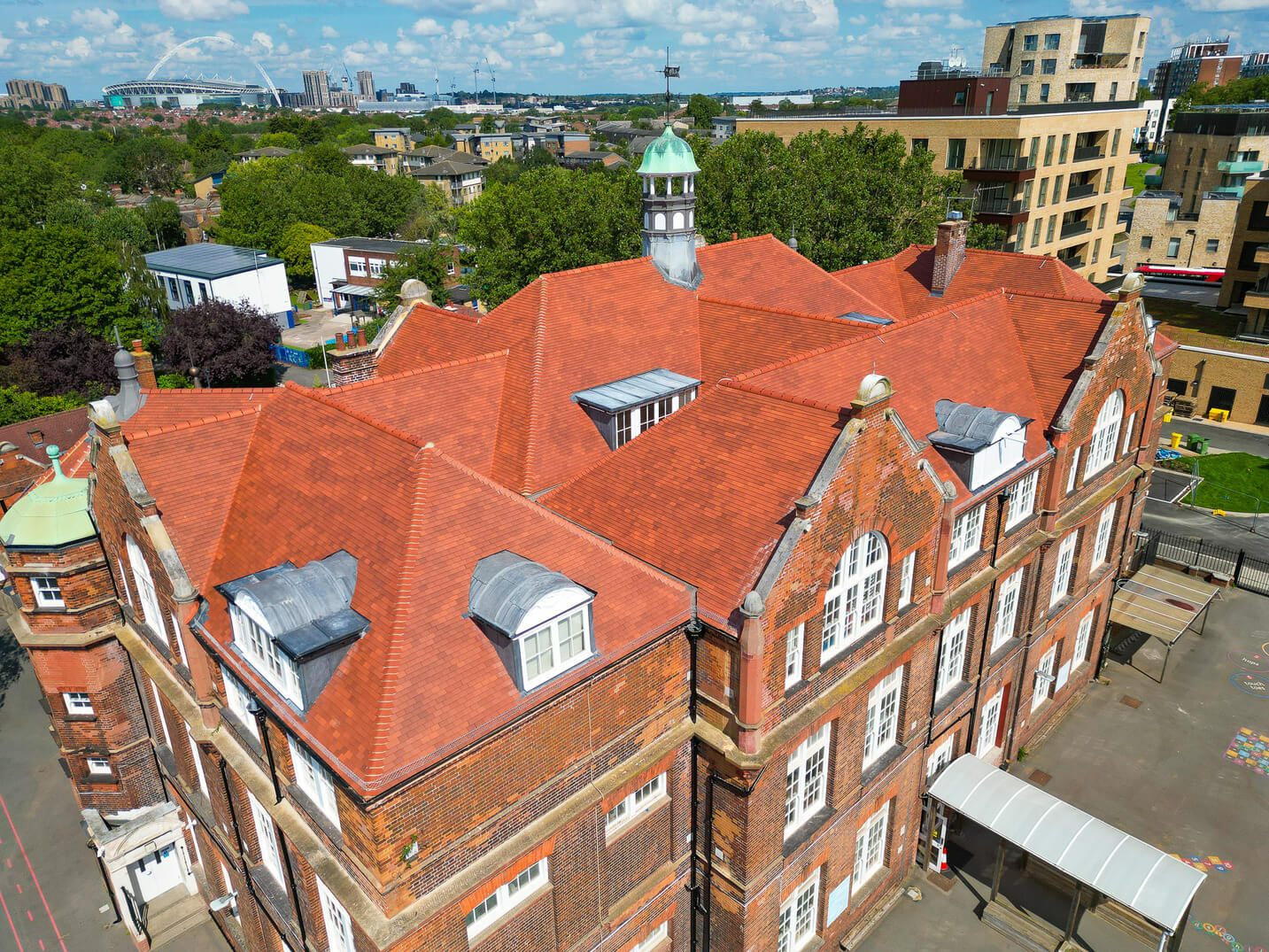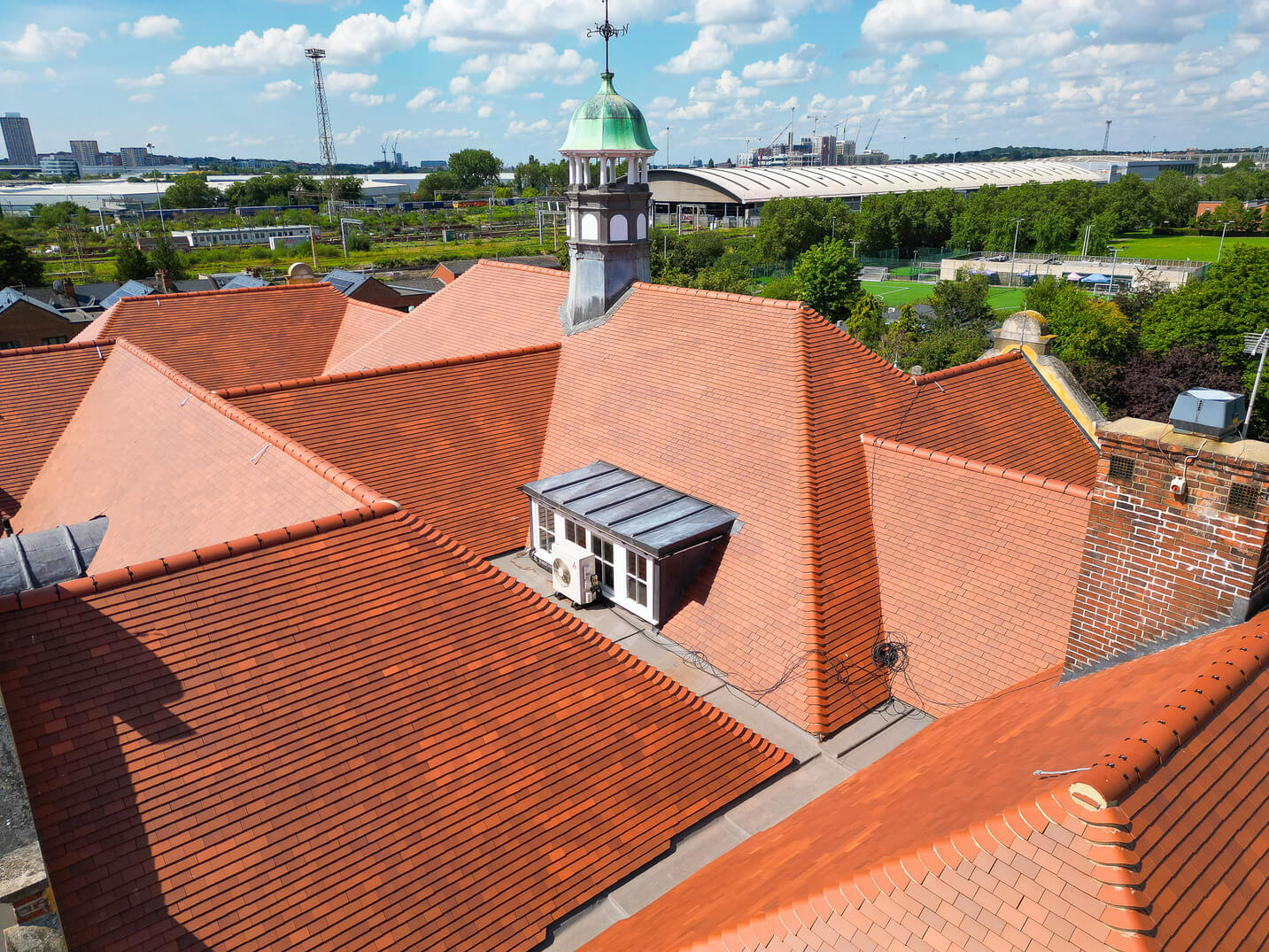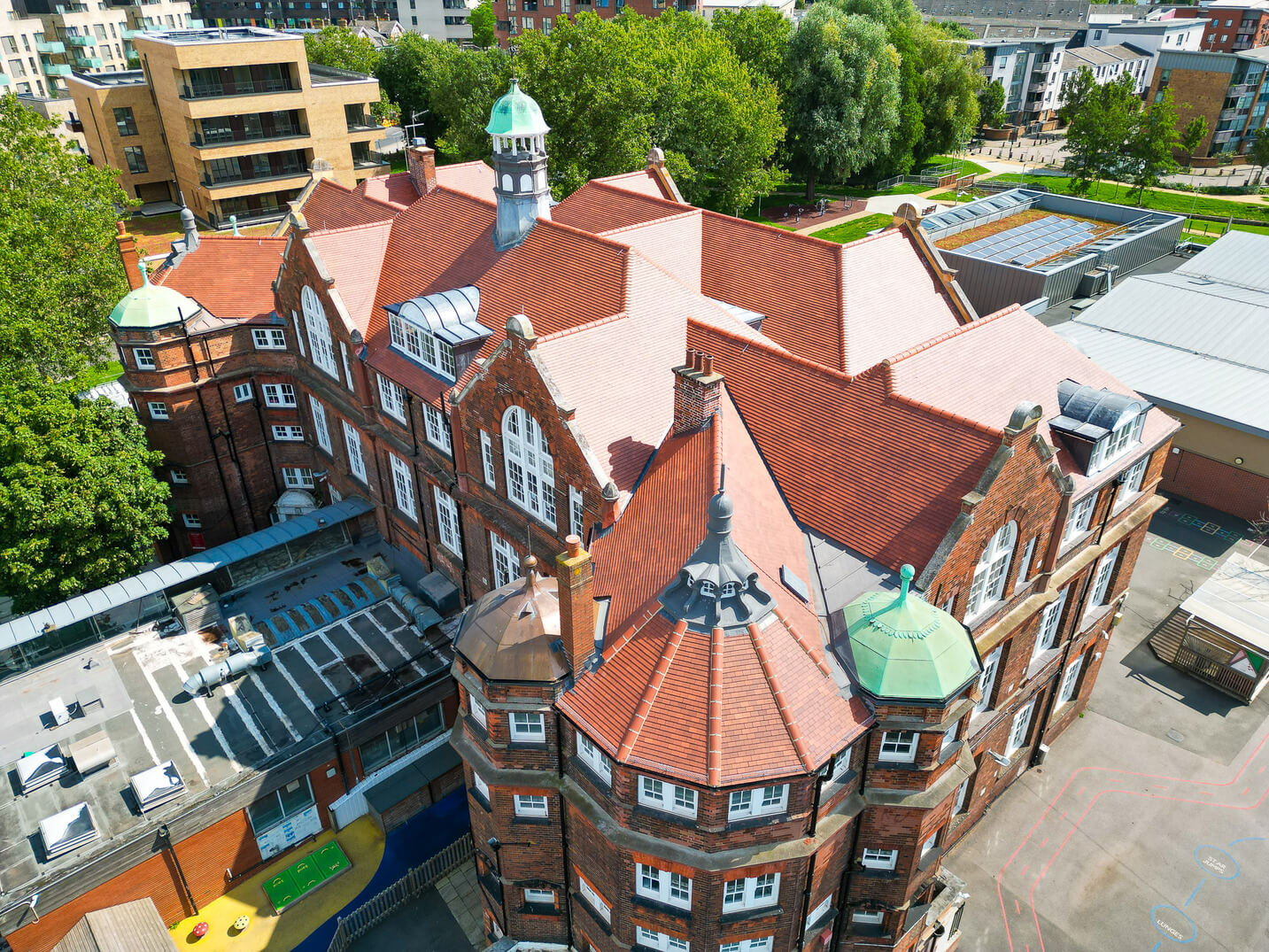As our strapline suggests, Breyer is committed to sustainably improving homes and communities. This includes building on our experience in undertaking decarbonisation projects. Ben How has joined us as Director of Sustainability and Decarbonisation to support us further both strategically and technically to enhance our existing skills and capabilities, as well as support Clients with their asset plans in addressing the governments targets for warmer, safer, energy efficient social homes. You can find out more about Ben in this interview with him:
Where did you work before joining Breyer?
For the past 10 years, I’ve worked at Equans (through its changes from Apollo to Keepmoat, then Engie and now Equans). I started as an Estimator, before taking on the role of Energy and Innovation Commercial Manager and then Business Innovation Manager for the Retrofit Technical Services team. Prior to that, I worked for 8 years as a surveyor for a small contractor based in Essex, where I got my first construction training/qualifications and experience working with social housing and refurbishment.
How did you get into sustainability and decarbonisation within the property sector?
I always had a background interest in sustainability and the environment, and while working as an estimator I had the opportunity to put myself forward to become a ‘green champion’. This meant learning and understanding more about energy efficiency improvements and funding opportunities, specifically on the back of the initial wave of ECO funding. I jumped happily into this role, learning from industry experts at conferences and supply chain partners, as well as through CPD. On the back of this, I was offered a position within the small sustainability team that existed at Keepmoat at the time, bringing my commercial and now energy efficiency knowledge and experience to help grow the team.
I undertook a lot of further training and CPD in the first few years; becoming qualified as a Retrofit Coordinator and Thermographer, as well as taking accredited courses in Asbestos Surveying, and Damp and Moisture remedial works. Over the next 8 years, we grew the team to 12 members, including creating an in-house technical services team. I was fortunate to have worked on some of the most prominent decarbonisation projects in the UK, including the Largest tower block retrofit to EnerPhit standards in Europe; the largest communal ground source heat pump scheme in the UK; and 2 of only 3 completed EnergieSprong whole house retrofit projects. One of the most important part of retrofit and decarbonisation is realizing you can make great changes to people’s lives; improving living conditions and comfort; reducing energy bills and even helping to improve health and reduce the risk of fuel poverty.
What made you go for the position of Director of Sustainability and Decarbonisation at Breyer?
When the opportunity arose to speak with Breyer, I was very impressed with the commitment and ambition to move into the retrofit and decarbonisation sector; to provide a quality service; and the recognition that this will be one of the most prominent and important things in the construction industry moving forward. Having the opportunity to influence and be a part of this growth greatly appealed to me.
What do you see as your main tasks and long-term goals with Breyer?
The first task for me will be ensuring that here in Breyer everyone understands the impact Sustainability, Decarbonisation and Retrofit works will have in the industry moving forward. This includes not just the implications of carbon and energy reduction as a whole, but the growing Client-led requirements to meet obligations; the sheer scale and volume of work and commercial opportunities ahead; and the potential impact on residents and communities.
Secondly, I’d really like to see Breyer become an industry-recognised name in association with robust and successful decarbonisation; a company clients will trust and turn to, as well as help them with their Zero carbon journeys.
What do you see as the biggest challenges for the property sector where sustainability and decarbonisation are concerned?
There are arguably many issues to overcome but perhaps the three most prominent are as follows:
- The financial implication of decarbonisation works at scale: The last few years have seen material and labour prices climb at unprecedented rates and this has a very big effect where clients have tens of thousands of properties to improve.
- Poor quality or lack of housing data: The need to understand stock is key to developing robust decarbonisation strategies, and the last few years have shown that most clients have very limited or highly inaccurate data on their stock.
- Education across the industry: Decarbonisation works are not a new thing but have generally been either part of specialised projects or single measures at scale. It has become apparent that there is a general shortage of wide-spread understanding of the specifics and implications of designing and delivering decarbonisation schemes; hence the recent introduction of PA2035 guidelines.

